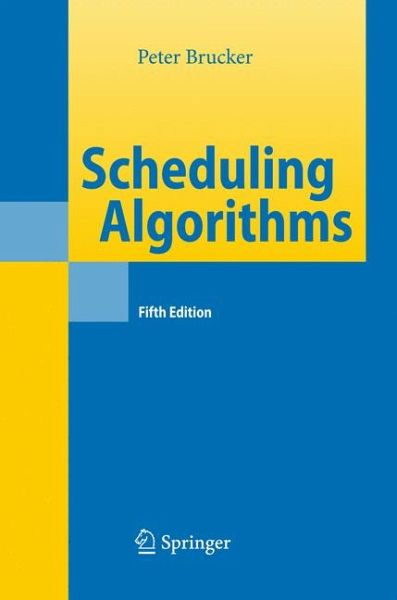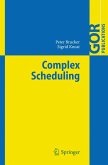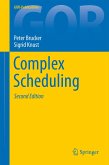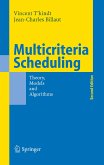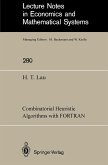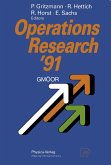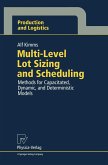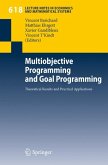Besides scheduling problems for single and parallel machines and shop scheduling problems the book covers advanced models involving due-dates, sequence dependent changeover times and batching. Also multiprocessor task scheduling and problems with multi-purpose machines are discussed. The methods used to solve these problems are linear programming, dynamic programming, branch-and-bound algorithms, and local search heuristics. Complexity results for different classes of deterministic scheduling problems are summerized.
Dieser Download kann aus rechtlichen Gründen nur mit Rechnungsadresse in A, B, BG, CY, CZ, D, DK, EW, E, FIN, F, GR, HR, H, IRL, I, LT, L, LR, M, NL, PL, P, R, S, SLO, SK ausgeliefert werden.
Hinweis: Dieser Artikel kann nur an eine deutsche Lieferadresse ausgeliefert werden.

